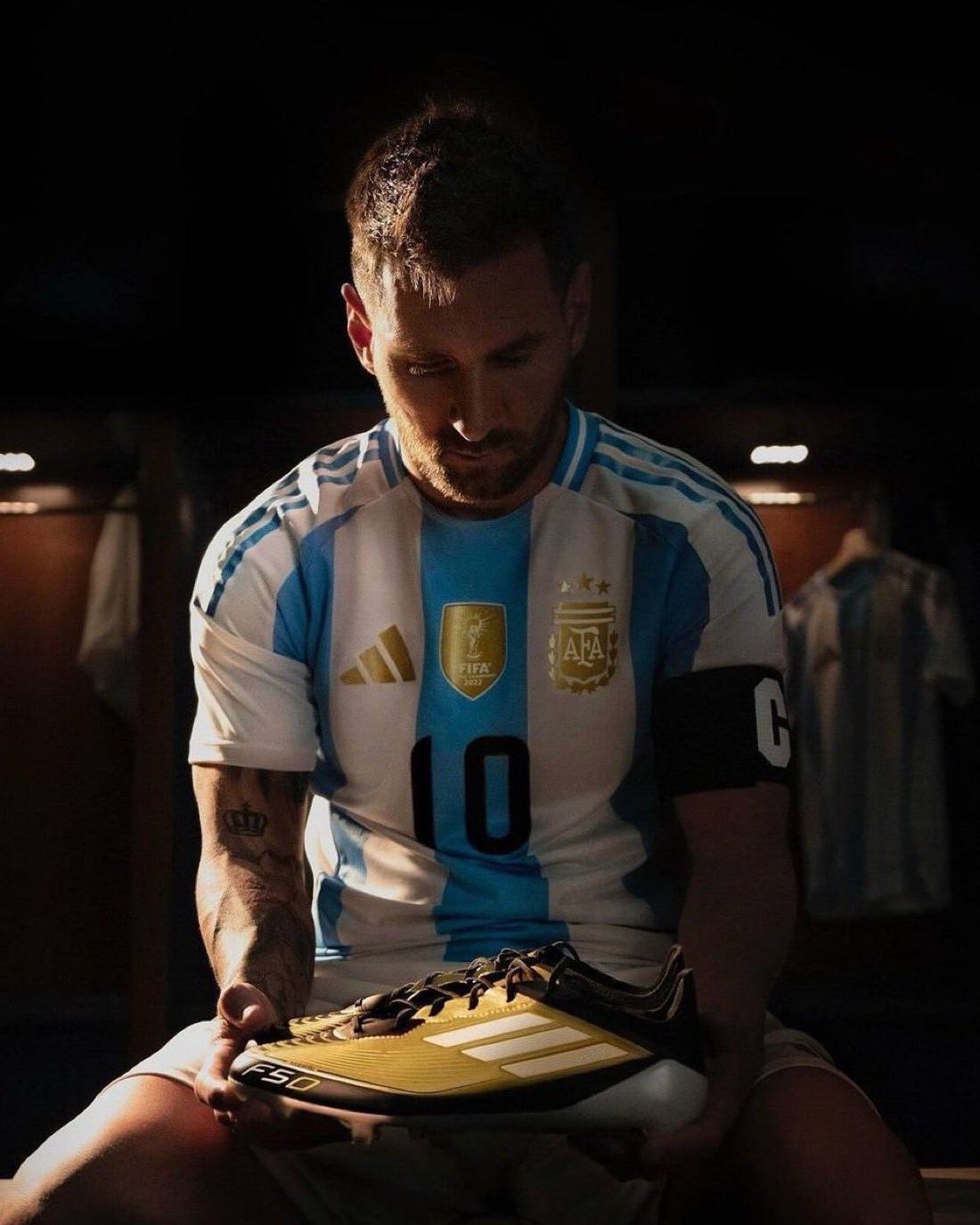During her first ultrasound scan, Michaela White from Bristol, UK, found out she was 19 weeks pregnant. With three babies.
Then, just three weeks later, she gave birth to them.
Born 121 days early, at a gestational age of 22 weeks 5 days, Rubi-Rose, Payton-Jane and Porscha-Mae Hopkins are the world’s most premature triplets.
Weighing a combined 1.28 kg (2.83 lb), they are also the lightest triplet birth ever.
The record-breaking Hopkins trio were born on 14 February 2021 and are now happy two-year-olds.
They are dizygotic triplets, meaning Rubi-Rose has a unique genetic makeup whilst Payton-Jane and Porscha-Mae are identical twins.
“The whole journey between finding out that they were triplets and then actually being here was I think the quickest pregnancy I’ve ever known,” said the triplets’ father, Jason Hopkins.
“It was mental.”

For Michaela, the day her triplets were born was “very traumatic.”
“I was contracting but the baby wasn’t coming out,” she explained.
After spending a night in St Michael’s Hospital, Bristol, she was transferred to nearby Southmead Hospital, where she went into labour.
Rubi-Rose was born first, at 10:33 a.m., weighing 467 g (1 lb).

She was swaddled in a polythene wrapping which acted as a makeshift womb, reducing heat loss and risk of hypothermia.
“She was in a little sack, bless her. She was so tiny. I was scared, obviously.” – Michaela
After Rubi-Rose’s birth, Michaela was rushed to the operating theatre for an emergency C-section.
Payton-Jane and Porscha-Mae were delivered at 12:01 and 12:02 p.m. respectively, one and a half hours after their sister. Payton-Jane weighed 402 g (0.89 lb); Porscha-Mae was 415 g (0.91 oz).

Immediately after they were born, the triplets were placed into separate incubators.
Each baby was required to breathe independently for 10 seconds before the medical staff would intervene to provide oxygen.
The triplets survived those 10 critical seconds, however, the next 72 hours were equally critical. The doctors could make no assurances that the babies would survive this period.
“The first couple days, I was up there all the time with them because I was worried that one of them wouldn’t make it,” Michaela said.
Miraculously, all three babies survived all three days. Porscha-Mae suffered a brain bleed, however, she stayed strong and was successfully treated.
The triplets remained in the neonatal intensive care unit (NICU) for several months; Rubi-Rose and Payton-Jane were cleared to leave in July, whereas Porscha-Mae stayed until October.

Whilst there, they were treated for various issues such as sepsis, jaundice, and respiratory difficulties.
“The NICU journey on its own […] it’s one of the hardest journeys you ever go through; to see your child there, helpless,” Jason said.
MRI scans were also conducted on the triplets, where white matter injuries were found in their brains. This can be a sign of cerebral palsy.
“I think Porscha had it worse,” Michaela revealed.
“Payton was just under Porscha with her cerebral palsy, and then Rubi-Rose was just very mild.”

Porscha-Mae and Payton-Jane both have mobility difficulties; they’re unable to sit or stand upright without assistance.
“They don’t physically move,” Michaela said. “We have to do literally everything for them.”
They are both fed through enteral nutrition, whereby a liquid food mixture is delivered directly into the stomach through a tube.
“They don’t recognize that they are being fed. They also don’t recognize when they’re full or when they’re hungry,” said Jason.
Rubi-Rose, the firstborn of the trio, is able to eat, crawl and walk independently.

The first year was “very stressful” for Michaela, with a seemingly endless amount of appointments to attend and medical professionals visiting her home on a daily basis.
“It’s not easy; it can be very, very hard.”
In fact, Jason and Michaela had been living under a great deal of stress even before the unexpected birth of their babies.
The pair were employed at a pub but sadly lost their jobs due to the COVID-19 pandemic. They continued living in their flat above the pub, but were eventually evicted and placed into temporary accommodation by the local council.
“I think it might have been stress that brought my waters on,” Michaela said.

Jason was equally affected by the situation, especially after the birth. He suffered postnatal depression and later developed PTSD after witnessing Payton-Jane being resuscitated with CPR.
“My mind can’t file what happened [on] the day, because I basically see Payton grey – she was dead,” Jason explained. “Having to bring her back was the bit that keeps replaying in my head.”
Jason now experiences panic attacks and has trouble sleeping, which Michaela supports him through.

The Hopkins family use TikTok to raise awareness about premature babies and mental health issues, particularly for new fathers.
“Postnatal depression isn’t really recognized in dads,” Jason said. “And the whole experience for a dad can be very alienating.”
As parents to the world’s most premature triplets, Michaela and Jason are in uncharted territory, however, they’ve decided to “just crack on.”
They also have two other children: Jaime-Leigh, age 8, and Isaac, 6.
Although they’re uncertain about what the future holds for the health of their triplets, they’re excited to share their journey with the world.
Their message to parents in a similar situation is: “You’re not aliens; you’re human beings, and we’ve all gone through it. And if you’re feeling a bit down at times, we’re here for you.”
The world’s most premature twins are Adiah Laelynn and Adrial Luka Nadarajah (Canada), born 126 days early at a gestational age of 22 weeks exactly, on 4 March 2022





